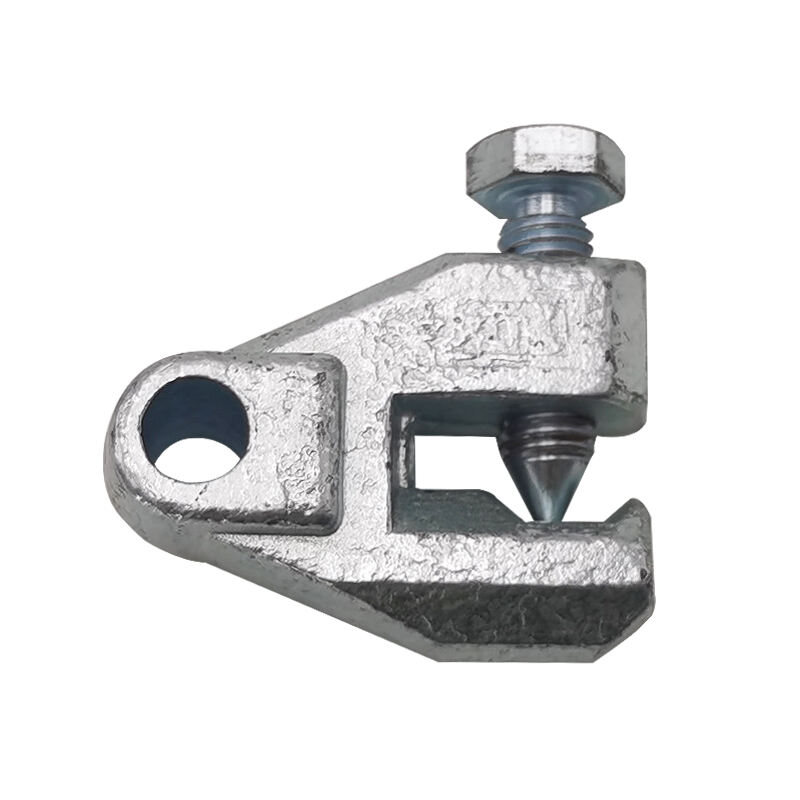metal casting service
Metal casting service represents a sophisticated manufacturing process that transforms molten metal into precisely engineered components through carefully controlled solidification. This versatile method combines traditional foundry techniques with modern technology to create complex metal parts for various industries. The process begins with pattern making, where exact replicas of the desired components are created using materials like wood, metal, or 3D printed polymers. These patterns are then used to form molds using special sand mixtures or other refractory materials. The service encompasses multiple casting techniques, including sand casting, die casting, investment casting, and permanent mold casting, each suited to different applications and requirements. Advanced computer-aided design (CAD) and simulation software ensure optimal mold filling and solidification patterns, minimizing defects and ensuring consistent quality. The service includes comprehensive quality control measures, from material testing to dimensional verification, ensuring each cast component meets exact specifications. Modern metal casting facilities utilize automated systems for material handling, temperature control, and post-casting processing, guaranteeing efficiency and repeatability in production.

